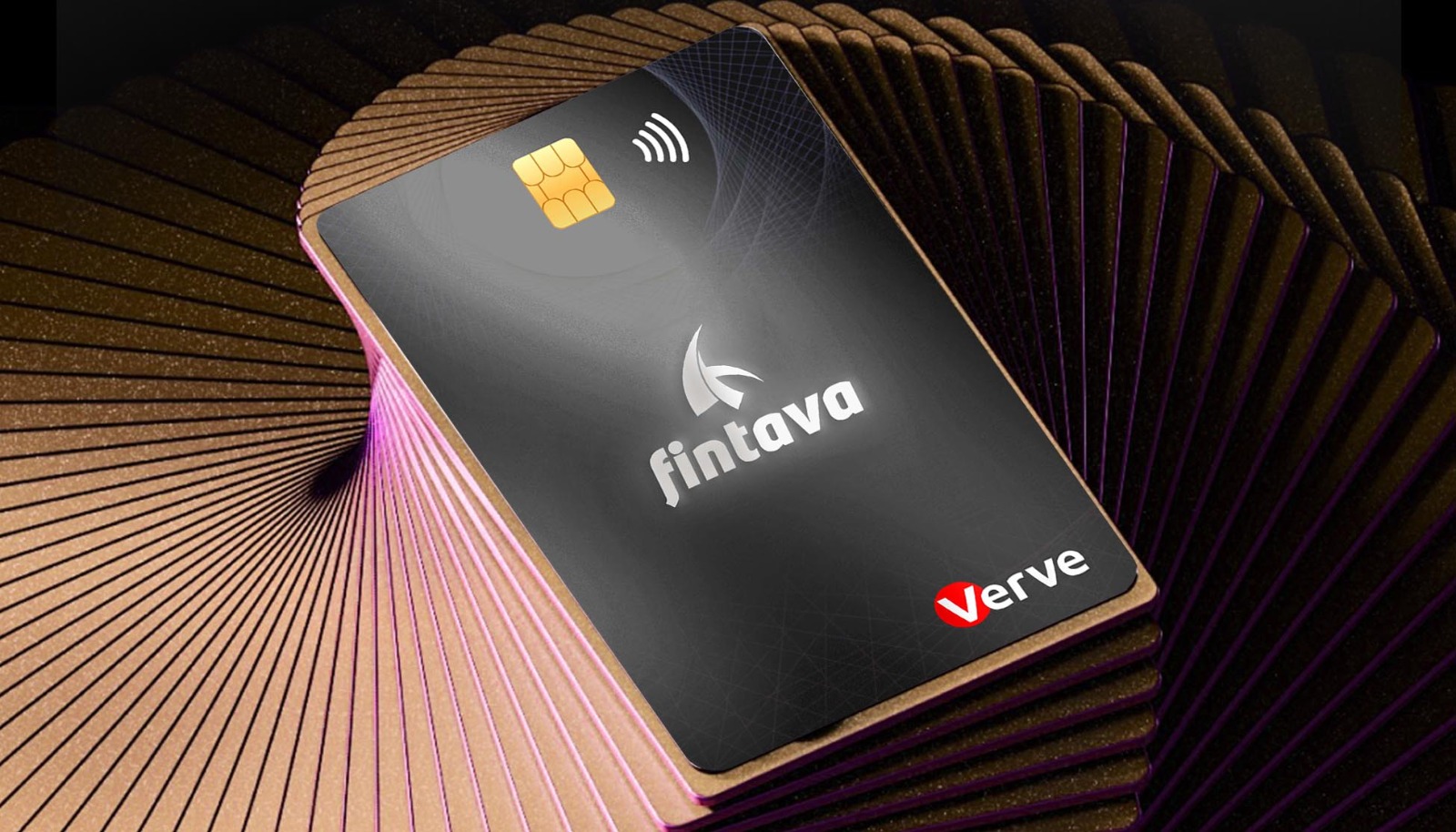Banking is often described as the backbone of any economy. It is a sector that facilitates the flow of money, provides financial services, and supports economic growth and stability.
Banks play a crucial role in ensuring that businesses and individuals can access credit, save money securely, and engage in transactions smoothly.
However, the critical nature of banking also means that it must be regulated to maintain trust, protect consumers, and prevent financial crises.
This is where banking licenses come into play. In Nigeria, the process of obtaining a banking license is stringent, reflecting the importance of having a robust regulatory framework to oversee banking activities.
Understanding what banking licenses are and how they function is essential to appreciate their role in maintaining a stable and secure financial system. In this article, we will delve into the significance of banking licenses in Nigeria, their issuance, and their impact on the broader economy.
Types of banking licenses in Nigeria
Nigeria’s banking sector is regulated by the Central Bank of Nigeria (CBN), which issues different types of banking licenses based on the scope and nature of banking operations. These licenses include:
- Commercial Banking Licens
- Merchant Banking License
- Microfinance Banking License
- Non-Interest (Islamic) Banking License
- Payment Service Bank License
Commercial Banking License
Operations: Commercial banks are the most common type of banks, providing a wide range of financial services to individuals and businesses. These services include accepting deposits, providing loans, offering payment and settlement services, and other traditional banking activities.
Categories:
Regional Commercial Banks: Allowed to operate within a specified number of states in Nigeria.
National Commercial Banks: Permitted to operate nationwide.
International Commercial Banks: Can operate both within Nigeria and internationally.
Financial Requirements:
Regional Banks: Minimum capital requirement of NGN 10 billion.
National Banks: Minimum capital requirement of NGN 25 billion.
International Banks: Minimum capital requirement of NGN 50 billion.
Merchant Banking License
Operations: Merchant banks primarily serve large corporations and high-net-worth individuals. They specialize in providing investment banking services, including underwriting, loan syndication, financial advisory, and asset management.
Financial Requirements:
Minimum capital requirement of NGN 15 billion.
Microfinance Banking License
Operations: Microfinance banks focus on providing financial services to the underserved and low-income population. They offer small loans, savings accounts, and other financial products designed to support micro and small enterprises.
Categories:
Unit Microfinance Banks: Operate within a single location.
State Microfinance Banks: Operate within a specific state.
National Microfinance Banks: Operate across the country.
Financial Requirements:
Unit Microfinance Banks: Minimum capital requirement of NGN 20 million.
State Microfinance Banks: Minimum capital requirement of NGN 100 million.
National Microfinance Banks: Minimum capital requirement of NGN 2 billion.
Non-Interest (Islamic) Banking License
Operations: Non-interest banks operate based on Islamic principles, prohibiting the collection and payment of interest. They offer financial products and services that comply with Sharia law, such as profit-sharing investments and leasing.
Financial Requirements:
The same capital requirements as commercial banks (Regional, National, International) apply to non-interest banks based on their scope of operation.
Payment Service Bank License
Operations: Payment Service Banks (PSBs) are designed to enhance financial inclusion by providing basic banking services to underserved populations, especially in rural areas. They offer services such as accepting deposits, providing payment and remittance services, issuing debit and prepaid cards, and operating electronic wallets.
Financial Requirements:
Minimum capital requirement of NGN 5 billion.
The Process of Obtaining a Banking License
Obtaining a banking license in Nigeria involves a rigorous process designed to ensure that only qualified and capable institutions enter the banking sector. The key steps include:
Application Submission: Prospective banks submit a formal application to the Central Bank of Nigeria, detailing their business plan, financial projections, and organizational structure.
Preliminary Approval: If the CBN is satisfied with the application, it grants a preliminary approval, allowing the applicants to proceed with the setup of the bank.
Capital Requirement Fulfillment: The applicants must meet the minimum capital requirements by depositing the required amount in a designated account with the CBN.
Final Inspection and Approval: The CBN conducts a final inspection to ensure that all regulatory requirements have been met. Upon successful inspection, the CBN issues the banking license.



